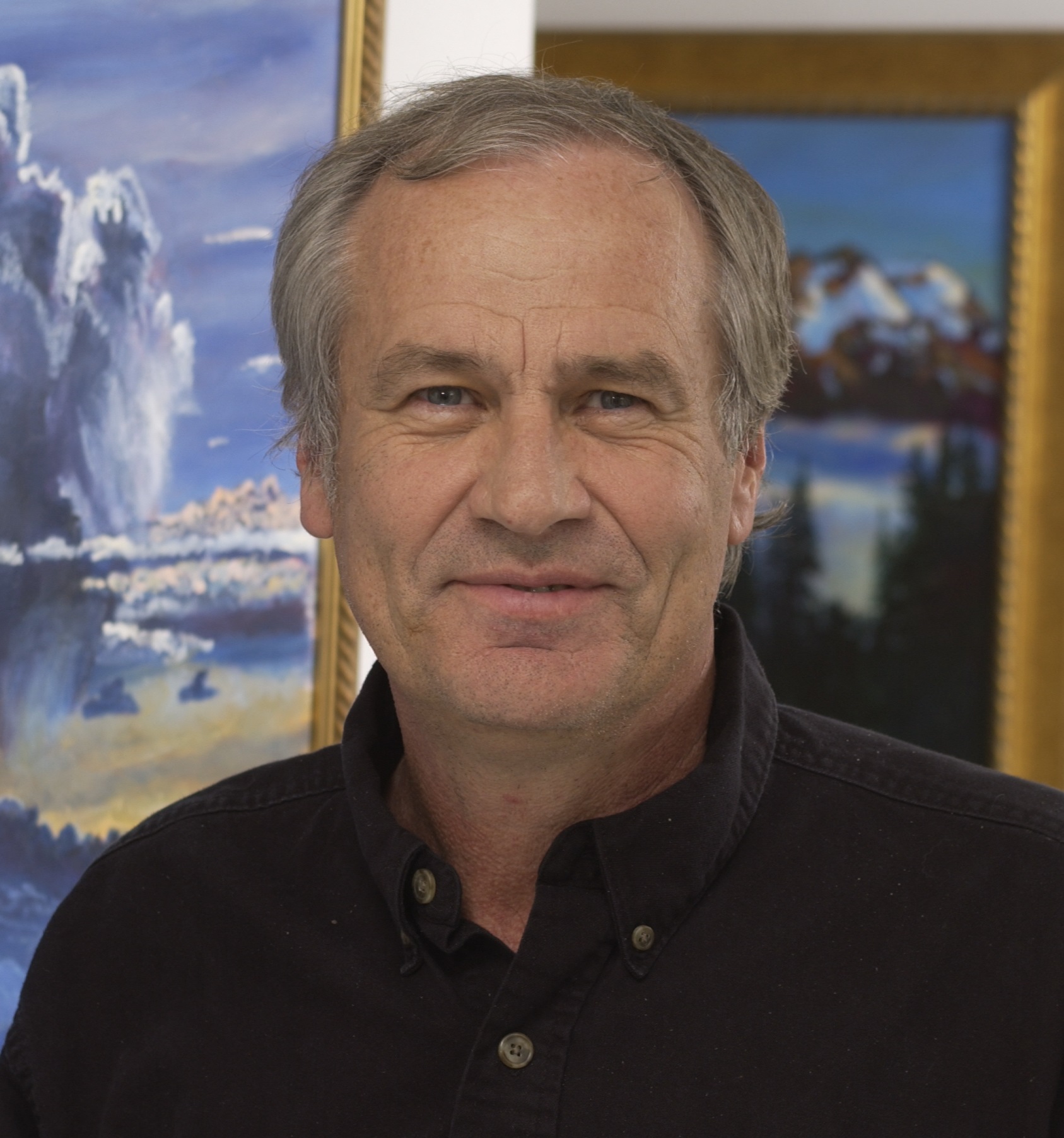Professor Graeme Stephens graduated with a doctorate in 1977 in meteorology from the University of Melbourne, Australia. His research has provided leadership in three major disciplinary areas of Earth sciences; in atmospheric radiation and radiative transfer, in the area of Earth observations and remote sensing, and on the topic of understanding critical cloud-climate feedbacks and related effects on the Earth’s energy balance. He has pioneered quantitative uses of global Earth observations and combined this with theory to study Earth’s climate system feedbacks. He provided leadership in designing and developing international satellite programs exemplified by his creation and leadership of the decade long CloudSat satellite mission that is providing unprecedented insights and understanding of the Earth’s clouds, precipitation and their role in climate.
Professor Stephens’ research is recognized world-wide. He was elected into the US National Academies of Engineering in 2015, received the Jule G Charney award of the American Meteorological Society ‘for pioneering advances in understanding and measuring radiation processes and their role in climate’, and received the Gold Medal of the International Radiation Commission in recognition of ‘world leading contributions to the radiation community’. He also received National Aeronautics Space Administration, Exceptional Public Service Medal.
Professional position
- Director, Center for Climate Sciences, California Institute of Technology
Subject groups
-
Engineering and Materials Science
Space technology
-
Earth and Environmental Sciences
Atmospheric physics and meteorology, Climate sciences, Geophysics, Hydrology
-
Other
History of science
-
Astronomy and Physics
Lasers and optoelectronics, Solar physics

